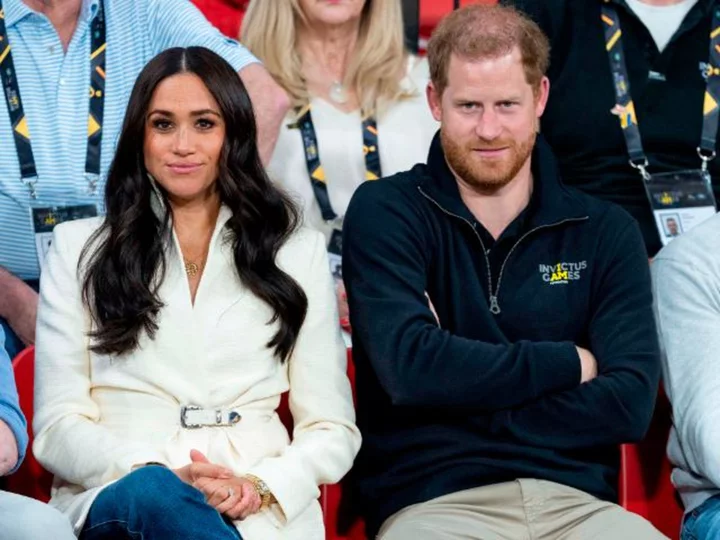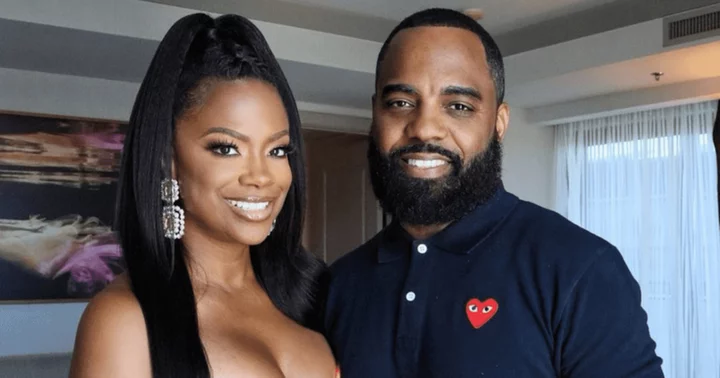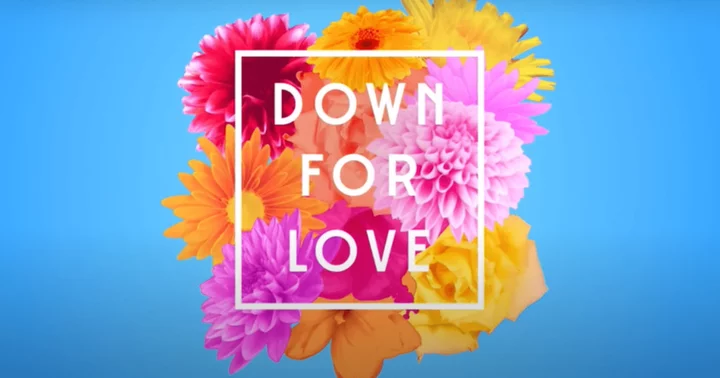Serena Williams and Ruby Bridges will be inducted into the National Women's Hall of Fame next year, the hall announced Thursday, adding the tennis great and civil rights icon to a previously announced list of women to be honored during Women's History Month in March.
“The 2024 inductee class has broken barriers, challenged the status quo, and left an impact on history,” the Hall of Fame said in its announcement.
Eight other honorees were announced in the spring. Williams and Bridges became available after the date and location of the ceremony were changed, a spokesman said.
Williams, 42, is a 23-time Grand Slam tennis champion who holds the record for the longest player ranked No. 1. She retired from tennis last year and earlier this month became the first athlete to win the Fashion Icon award from the Council of Fashion Designers of America.
Bridges, 69, was a 6-year-old first-grader when she became one of the first Black students at racially segregated schools in New Orleans in 1960. In 1963, painter Norman Rockwell recreated the scene in the painting, “The Problem We All Live With.” The Ruby Bridges Foundation she established 24 years ago promotes tolerance and change through education.
Neither Williams nor Bridges could immediately be reached for comment.
Others in the class include Peggy McIntosh, 88, an activist known for her explorations of privilege; Kimberlé Crenshaw, 63, who helped develop the academic concept of critical race theory, the idea that racism is systemic in the nation’s institutions, and Judith Plaskow, 76, regarded as the first Jewish feminist theologian for calling out an absence of female perspectives in Jewish history.
Also to be inducted are Loretta Ross, 69, founder of the National Center for Human Rights Education in Atlanta, and Allucquére Rosanne “Sandy” Stone, a transgender woman born in 1936 and considered a founder of the academic discipline of transgender studies.
Three women will be inducted posthumously: Dr. Patricia Bath (1942-2019), an early pioneer of laser cataract surgery and the first Black woman physician to receive a medical patent; Dr. Anna Wessels Williams (1863-1954), who isolated a strain of diphtheria that helped in its treatment; and Elouise Pepion Cobell, known as “Yellow Bird Woman” (1945-2011), who started the first bank established by a tribe on a reservation in Browning, Montana.
For the first time, the induction ceremony will be broadcast nationally in prime time from New York City, according to the Hall of Fame. The previous 30 ceremonies have taken place at venues around Seneca Falls, the upstate New York site of the first Women's Rights Convention, where the National Women’s Hall of Fame is located.
“The 2024 class of inductees are scientists, activists, performers, and athletes who are the changemakers of today and inspiration for the women of tomorrow,” Jennifer Gabriel, the Hall of Fame's chief executive, said in a statement. “Their dedication, drive, and talent got them here, and we’re thrilled to honor them on the national stage.”
The public nominates women to be considered for the Hall of Fame. The nominations are then reviewed by an expert selection committee.









